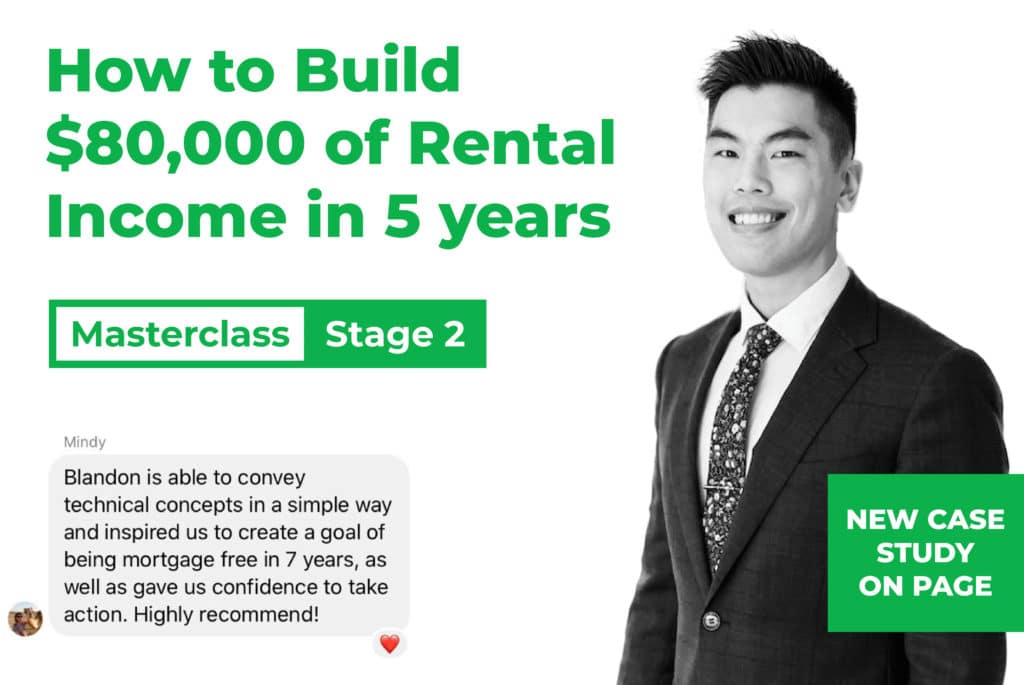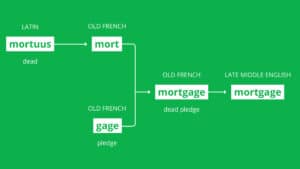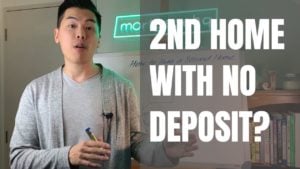Using Interest-Only Mortgages to Minimise Payments
Generally, interest-only mortgages are designed to allow a property investor to secure new property by using their current home(s) as security on the next mortgage and keep repayments as low as possible. To do this, you require some decent equity in your home which means you’ve been paying off your first mortgage for a few years now. There are tax and equity building advantages to having some (or all) of your loans on interest-only because this strategy allows for more leverage. What does this mean specifically? It will enable you to borrow more and rely on capital gains. Maxing out your borrowing immediately isn’t often the best long term strategy, yes calculating what size mortgage you can afford is a good first step, but we need to go beyond what we can afford and determine what we should do.
The borrowing rules change from time to time, and different rules are in place for Auckland. Property investors will use interest-only mortgages at a lower rate quite favourably because typically house prices increase 7% annually (not always but over the long term in Auckland this has been the case). If you borrow at 5%, you’ll have a 2% buffer as a safe zone to protect the investment.
An interest only loan is where you pay only the interest owing each fortnight or month, but nothing off the principal. These are usually set up as short-term loans over 1-10years to help keep your repayments low while you are building or renovating or investing.
An interest only loan will cost you more in interest paid than a standard ‘table’ loan because the principal isn’t getting paid down. You’re just paying the interest and not for actual equity in the home.
Because you’re not repaying principal, you can free up cash for other purposes, such as renovations. But remember you pay interest on the full amount you borrowed until an agreed time because you are not paying off any principal in the mortgage(s) you have — then you still have to repay the loan amount (or you might for example request to switch to a different structure of loan).
You can refinance or refix your current mortgage(s) and borrow more money to help free up cash for a deposit on a new investment/home with an interest-only mortgage, and this is relatively common.
It is common for property investors to use interest-only mortgages on their investment properties and only pay principal and interest on one property at any given time (usually the family home or the house that will likely have the best capital gains). The benefits include tax advantages, less stress on cash flow, and the ability for the investor in stockpiling leftover funds for more investments or property/business-related spending.
Where property investors can get caught out is when the interest only terms expire after five years. Banks have been shortening their typical interest-only periods and making it harder to extend them. You mostly have to re-apply for the loans which can prove to be a problem if your income situation has changed significantly or if you cannot meet the newer serviceability tests. The bank does not use the interest repayments you currently have as their basis for calculations of affordability, and they test at much higher interest rates.
Interest-Only Mortgage Extensions
So if you have an interest-only loan due to expire in the next year or so, and you’re worried about switching to principal and interest repayments, you need to get in front of this rather than wait. You might need to rebalance or restructure some of your loans or even refinance some lending to different banks. You may need to work with a mortgage adviser that understands servicing and products at all banks, someone that will know how to make sure you have every chance available to extend your loans onto another interest-only period. Your existing bank might need to see an offer from another bank or a well-crafted diary note explaining why you are deserving of another interest-only mortgage extension.
From a 2016 www.interest.co.nz article, we have pulled some quotes for context, what was said then still applies today. If you are trying to renegotiate for yourself, you are likely going to find it tougher than before to achieve the outcome you desire.
ASB said it considers requests for interest-only repayments on a case by case basis taking into account a range of factors, the most important being that customers can afford their loan repayments comfortably on a principal and interest basis.
“Where this is the case, interest-only repayments are an option available to any of our home loan customers based on their circumstances and reasons for wanting interest-only repayments.”
“Any extension to an interest-only loan is carefully considered in a conversation with customers on their specific needs and circumstances. We calculate all interest-only home loans on the basis a customer can service both the principal and interest through the life of the loan.”
If you would like a portfolio review and mortgage audit for some insights into your options around cross securitisation, LVR levels, yield and other suggestions, take the mortgage snapshot or email me directly.













